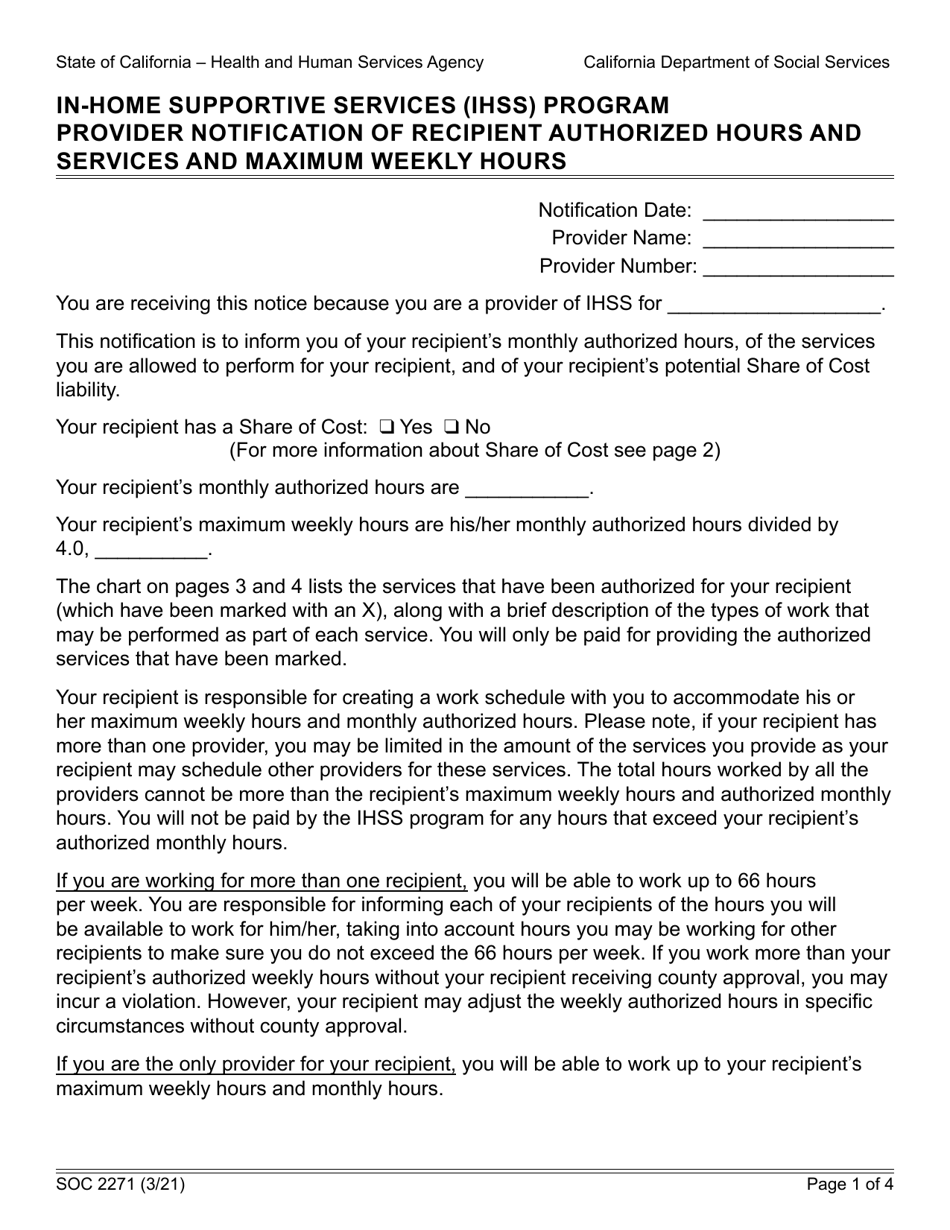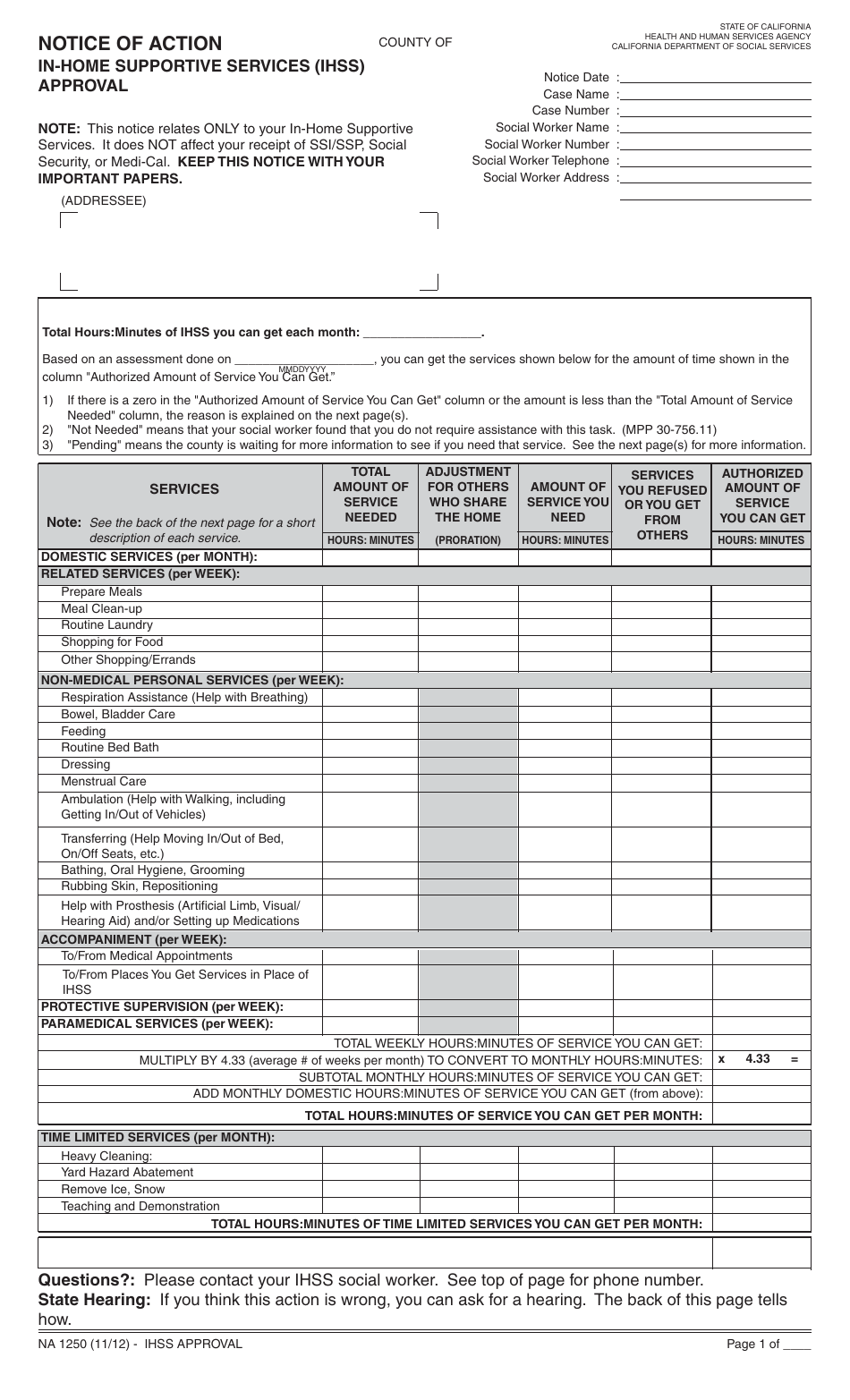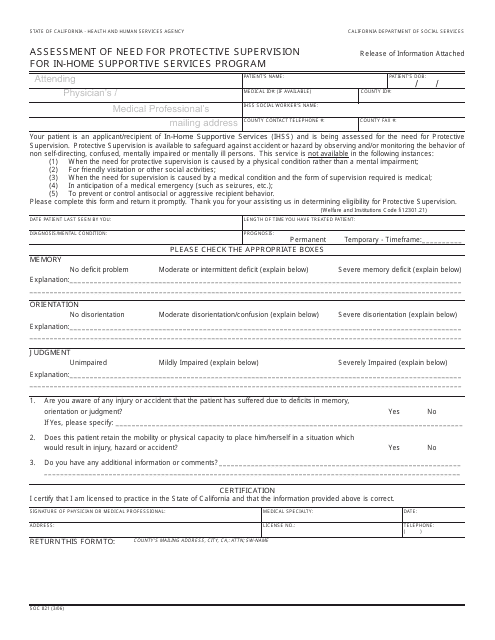On September 20, 2012, the Court granted the United States' request to intervene in a pending lawsuit against the State of Texas. The suit claims that Texas unnecessarily segregates individuals with intellectual and developmental disabilities in nursing facilities, and that this violates the law under Title II of the Americans with Disabilities Act and Section 504 of the Rehabilitation Act. On October 14, 2014 the United States filed a Statement of Interest in Alabama Disabilities Advocacy Program v. SafetyNet Youthcare, Inc., a case in which the defendant denied access to the local protection and advocacy organization. The Statement of Interest expresses the United States' view that facilities must permit access under the Protection and Advocacy for Individuals with Mental Illness Act to all residents regardless of whether the facility characterizes some residents as having a less serious mental health disorder than others.
On March 7, 2008, the Division issued a CRIPA/ADA findings letter to the State of Nebraska that detailed systemic conditions that violated the constitutional and statutory rights of the residents of the Beatrice State Developmental Center ("BSDC"), the State's largest facility for persons with developmental disabilities. The parties then swiftly concluded negotiations on a judicially enforceable remedial agreement. Richard G. Kopf, United States District Court Judge for the District of Nebraska , signed the parties' proposed consent decree as an order of the court.
Contact Your County
The Agreement will expand access to community-based supported housing – integrated housing that promotes inclusion and independence and enables individuals with mental illness to participate fully in community life. The member retains the option to refuse the delivery of health care services via telemedicine at any time without affecting the member’s right to future care or treatment and without risking the loss or withdrawal of any program benefits to which the member would otherwise be entitled. The Settlement Agreement resolves litigation that had been contested for well over a year. Private Plaintiffs filed the initial complaint in February 2012, and on April 4, 2012, the Court granted the Department’s motion to intervene.

If an individual or their authorized surrogate elects not to discuss their documents at a visit with a Qualified Provider, the Provider is responsible for uploading their documents to the registry in a timely manner. However, the individual or their authorized surrogate are responsible for ensuring that the provider has received their documents and that their Provider has uploaded their documents to the Registry. Services provided via telehealth methods shall be documented in the client record, consistent with documentation as required for in-person services. “Telehealth technologies” means technologies and devices enabling secure electronic communications and information exchange between a licensee in one location and a patient in another location with or without an intervening healthcare provider. Informed consents obtained in connection with an encounter involving telehealth technologies should also be filed in the medical record.
Medicaid
Telehealth monitoring is available for members who are eligible through the Home Health benefit and should not be billed as telemedicine. Telemedicine POS 02 and Telehealth POS 10 are allowed place of service codes. Services can be provided via telemedicine between a member and a distant provider when a member is located in their home or other location of their choice. The distant provider may participate in the telemedicine interaction from any appropriate location. A specialist is eligible to be an originating provider or distant provider. Providers are responsible to ensure that the member’s location is correctly captured when services are rendered by Telehealth/Telemedicine.

Call the AVR system to get information and services available for your CalWORKs, Medi-Cal, General Assistance, or CalFresh case in multiple languages . Their families, and the medical community in order to improve health outcomes. If there is a family in another state that is seeking support from someone in Sacramento County, the other state will open a case with the child support agency.
Conservatorship Procedure
These services are provided by AAA or through other public and private agencies. The state department shall establish rates for transmission cost reimbursement for telemedicine services, considering, to the extent applicable, reductions in travel costs by health care or mental health care providers and patients to deliver or to access such services and such other factors as the state department deems relevant. Individuals with mental illness brought suit against the County of Sacramento for failing to provide adequate community-based services, which placed them at risk of institutionalization. In July 2010, the United States filed a Statement of Interest in support of Plaintiffs' Motion for Preliminary Injunction, requesting that the Court stop the County from moving forward with its plans to drastically change the mental health service system. On June 6, 2018, the United States filed its Complaint, a Joint Motion to Dismiss, and an Agreement to Resolve its investigation in the U.S. On July 23, 2013, the United States, individual plaintiffs, and the State of New York filed a settlement agreement in the U.S.

At the urging of the Department of Justice, a Federal court denies the State of Louisiana's request to dismiss a lawsuit brought by individuals with disabilities affected by the State's reduction in personal care services. In September 2010, a group of four individuals with disabilities who receive and depend on Medicaid Personal Care Services in order to remain in the community and to prevent hospitalization and institutionalization filed suit to prevent the State of Louisiana from reducing the maximum number of PCS hours available each week. If the State moved forward with the reduction in services, the Plaintiffs argued, they and other individuals with disabilities would be placed at risk of institutionalization. In April 2011, the United States filed a brief supporting the Plaintiffs' argument that the cuts would place individuals with disabilities at risk of institutionalization and urging the Court to deny the State's Motion for Summary Judgment.
An independent monitor has been selected to monitor the Settlement Agreement. The motion to dismiss was heard by a magistrate judge who ruled in favor of the State and recommended dismissal of the Medicaid EPSDT claim. The plaintiffs filed an objection with the District Court, and the United States filed another Statement of Interest. On March 31, 2014, the United States filed a statement of interest in opposition to the State's renewed motion to dismiss the private plaintiffs' Complaint.

Even if you do NOT have taxes withheld, you will still have to pay and file taxes at the end of the year on your IHSS wages. Call the appropriate DAAS office to request a replacement timesheet. There are a a few sites that do not have IHSS details, however you can use the links below to find the appropriate Social Services office contact information. Wednesday brings another round of rain and relative warmth - highs around 50 once again. The next system, arriving early next weekend, could bring a mix of snow...
In order for a PCP to be reimbursed as a distant provider, the PCP must be able to facilitate an in-person visit in the state of CO if necessary for treatment of the member’s condition. Pediatric behavioral therapy services are based in the home and community, as are Electronic Visit Verification mandated services. Pediatric behavioral therapy providers will be required to collect EVV for Telehealth to streamline EVV requirements for providers and ensure services are delivered to members across service delivery methods.

Luis Cruz and Nigel de la Torre successfully sought a preliminary injunction enjoining the State of Florida from denying them the home and community-based services available under its Traumatic Brain Injury/Spinal Cord Injury Medicaid Waiver. The United States filed a complaint on January 16, 2009, against the State of Arkansas and Arkansas officials alleging violations of the ADA, the U.S. The United States filed a Statement of Interest inHunter v. Cook, in opposition to the state of Georgia's argument that serious risk of institutionalization is not a viable claim under Title II of the ADA. The Plaintiffs' suit is a proposed class action under Title II of the ADA, the Medicaid Act, 42 U.S.C.§ 1396aet seq., and the United States Constitution. Plaintiffs allege that the Defendant's administration of the Department of Community Health and the Medicaid program denies, limits, and reduces their nursing services in a manner that puts Plaintiffs at risk of unnecessary confinement or out of home care in violation of the ADA.
Visit the Primary Health Services web pagefor available programs, eligibility information, and how to apply. The CalWORKs program promotes and encourages work to enable families to become self-sufficient. On February 16, 2010, the United States filed a Statement of Interest in support of Plaintiffs' Motion for Preliminary Injunction. District Court for the Eastern District of Arkansas dismissed the complaint without prejudice on procedural grounds relating to pre-litigation notice to the State. The United States filed a Statement of Interest in opposition to the Defendants' Motion for Summary Judgment in December 2010. The Court denied the parties' motions for Summary Judgment on January 20, 2011, and the case proceeded to trial in Feburary 2011.

Yes, you may file your complaint anonymously with either your local county Civil Rights Coordinator or the CDSS Civil Rights Unit If you choose to do this, please understand that whomever you file your complaint with will not be able to contact you for additional information or tell you about the findings. An anonymous complaint should contain as much detail as possible. If the complaint is vague or unclear, it could slow or even stop the investigation.
The goal of the IHSS program is to allow low income aged, blind, and disabled persons, including children, who are at risk for out-of-home placement, to remain safely at home by providing payment for care provider services. IHSS is considered an alternative to out-of-home care, such as nursing homes or board and care facilities. The Behavioral Health Administration shall In collaboration with the department of regulatory agencies, establish workforce standards that strengthen the behavioral health-care provider workforce, including telehealth providers, and increase opportunities for peer support professionals and behavioral health aides. The BHA shall also other departments to address licensing and credentialing portability issues that affect the ability of children, youth, and adults to access behavioral health-care services. Individual psychotherapy services shall be face-to-face, or interactive audio , interactive video , or interactive data communication services that are tailored to address the individual needs of the client.

No comments:
Post a Comment